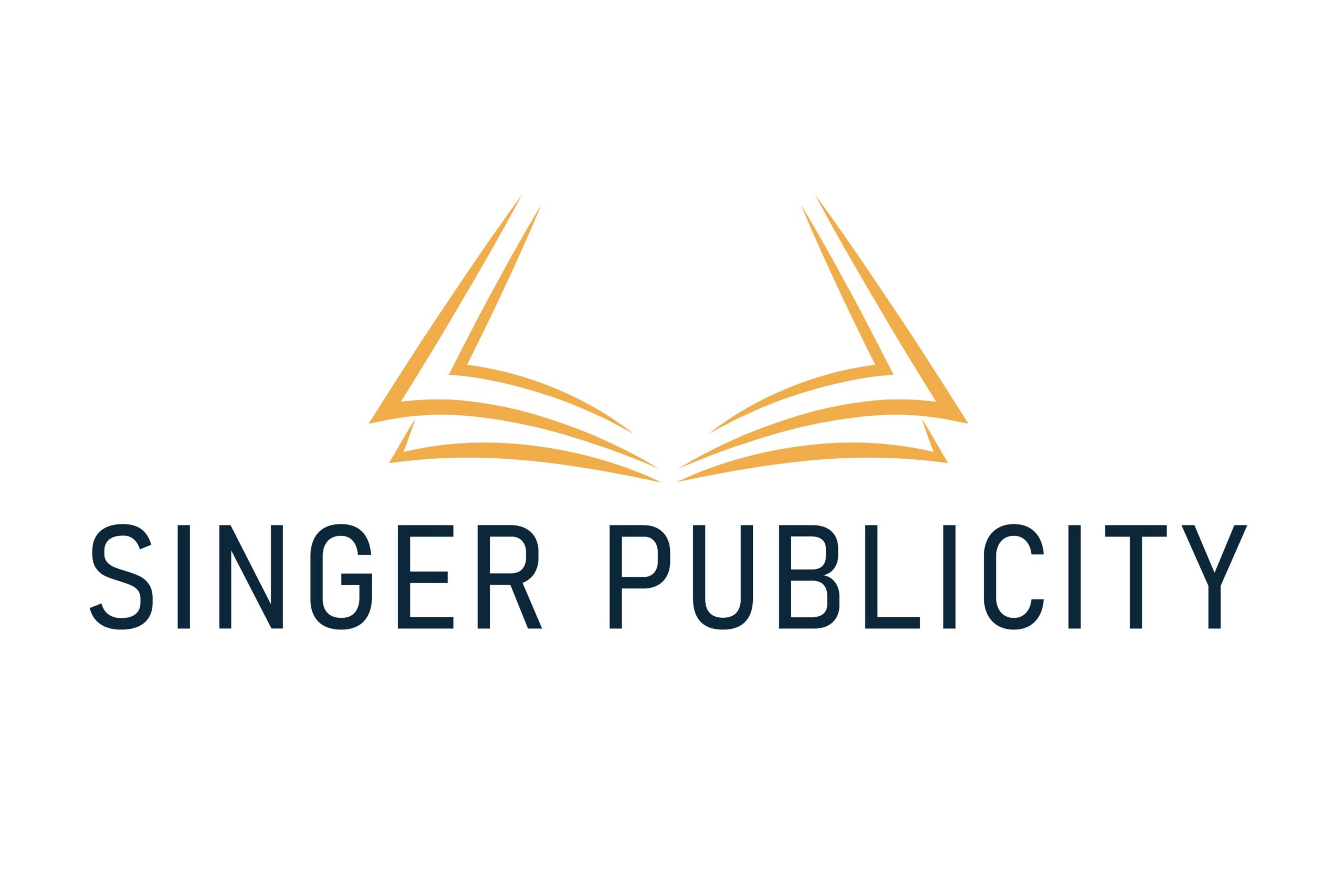A Guide to Getting Book Reviews in 2022

Self-published authors often ask how to go about getting reviews for their book. There’s no doubt about it: it’s easier said than done – even for books released with traditional publishers. But the good news is that now more than ever, authors hold more power in their own hands to get reviews.
When an author has a following – professionally, of students or colleagues, from previous publications or on social media, it is certainly easier to solicit and secure reviews. But for those who do not yet have that following, there are steps you can take to pave the way to success.
The most important principle when creating a plan to solicit reviews is developing connections – connecting with the right people who are likely to be excited about your book. Before you announce that your book is coming out, take some time to think about who you can realistically and confidently ask to review your book. For those introverts out there, this may feel uncomfortable. This is understandable. Many people are simply not comfortable with promoting themselves or their work. But this is where a shift in mindset is in order: presumably you had good reasons for writing your book. Yes, it’s a topic that fascinates you. Yes, you’ve spent countless hours researching your subject, and there’s a reason why you’ve done so. You should take some time – preferably in a quiet place where you can focus – and ask yourself: Why did I write this book? What is my goal? How will readers benefit from reading my book? What will it do for them? Write down some thoughts that come to mind.
Afterwards, jot down answers to these questions:
- How is my book unique? Different than any other books on similar subjects?
- What are you aiming to achieve with your book?
- For those who have written similar books, how does your approach differ to what they’ve presented in the past?
As you contemplate and write your answers to these questions, you will start to clarify how to reach out to potential reviewers.

With regards to who you should ask and which publications to contact, an integrated approach is the best approach. Given the media options today, the ideal is a balanced mixture of traditional journalists, podcast hosts, relevant publications, and a social media buzz. If your book connects to the mission of organizations you know of, you should also include them in your marketing plan. The key with all of these media channels is to figure out where YOUR readers are. Which publications do they read? Which podcasts do they listen to? Are they social media users? If so, are they on Facebook, Twitter and/or Instagram?
Start doing some research, and keep a list of your notes:
- Who are 5-10 like-minded colleagues you can turn to?
- Who are writers or bloggers who have written about topics related to your book? Where have they published their pieces?
- Are there academics who specialize in your book topic? Where do they teach? Does that institution have a newsletter, podcast or journal where they may be able to publish a piece or broadcast their commentary (and perhaps host you as a guest)? Perhaps those very scholars will be open to writing a review of your book in a relevant journal or listserve. It’s worth an inquiry.
- Are there any organizations or associations that share your message or mission? Perhaps they have a newsletter or podcast! Alternatively, they may have an executive staff member who would find your book useful and may write about it.
- Look at the Amazon listings of similar books – which publications and/or writers reviewed those books?
- Lastly, your immediate circle can certainly help get the buzz going. Who are 25-50 friends and family members you can kindly ask to read an advance copy and share their thoughts? When it comes to publication week (or before, if you’re doing a pre-release), ask them to post their thoughts online (social media, blog, short video, even just a picture with the book).
Here, it is important to point out that the ubiquity of social media has created a drastic shift in how reviews work in the publishing world. Years ago, book announcements were kept quiet until publication date. Publicists would tell authors not to announce anything until reviews came out from venerated trade publications such as Publishers Weekly, Kirkus Reviews, Library Journal, Booklist, etc. Announcements from those publications set the stage for the official book release. These publications are still extremely respected. They give credibility to the quality, tone and scope of a book. A review from these publications shows that your book has the potential to reach a wide audience. (There are also paid review options for self-published books, such as Kirkus Indie Reviews and BookLife by Publishers Weekly. These too, still add credibility and can be used for marketing purposes.)
Nowadays, however, with the power of social media, word-of-mouth and, of course, the impact of user reviews on Amazon products, reviews from colleagues, friends, bloggers, fans, and influential voices within your target audience can be just as useful in spreading the word about your book. Moreover, you yourself can and should drive attention to your book through your owned media. This refers to the channels with content that you create and control (and hopefully have an audience): your social media platforms, your blog, your newsletter, your podcast, your news column, etc. This is the beauty of the digital world today: each one of us has the ability to grow our own audiences, without relying solely on traditional media!
Announce your book in advance, show a cover reveal, talk about your process, and remember to offer your audience an advance copy to review your book. Those respondents who have a following and/or a media platform should receive a copy, and a gentle reminder to post their reviews around the week of your publication date.
Another worthwhile way to generate early reviews is to run promotional giveaways to avid reviewers, such as the giveaway option on Goodreads (other channels that have this option but make sure they have a sizable following in your niche. You should also google the pros and cons of each of these giveaways).
If you have your own following online, you can run your own giveaway offer or work with a relevant social media influencer for a promotional giveaway and encourage winners to write and post reviews of your book.
For authors who are not active on social media or who do not have an already-established reputation, it is essential to develop an online presence. (We will discuss this in future post.) For now, if your creative thoughts are flowing, start to brainstorm 2-3 article ideas that will help you establish your online voice. This is an excellent way to develop your audience, and keep them engaged and interested in your ideas, so that when your book is released, they’ll be likely to purchase it.
Let us help you market your book!


